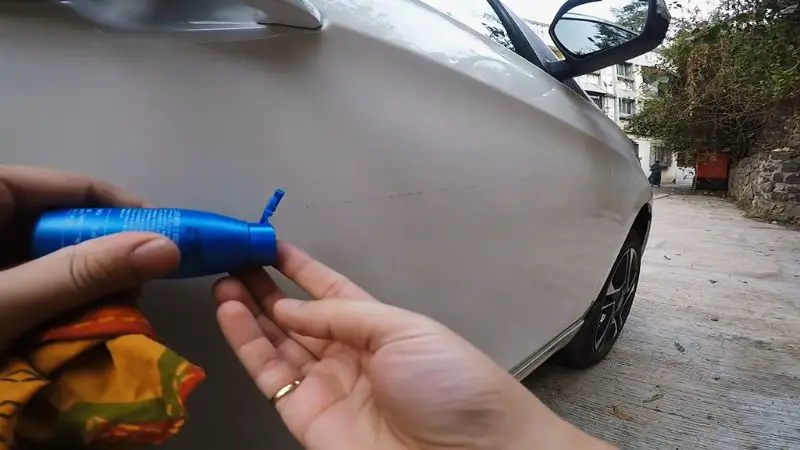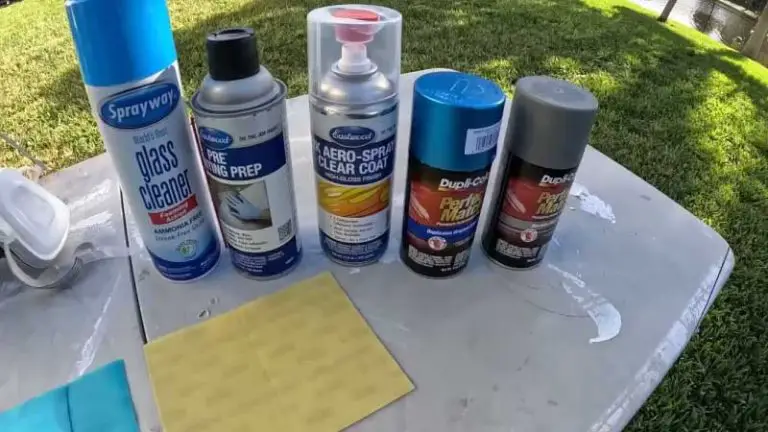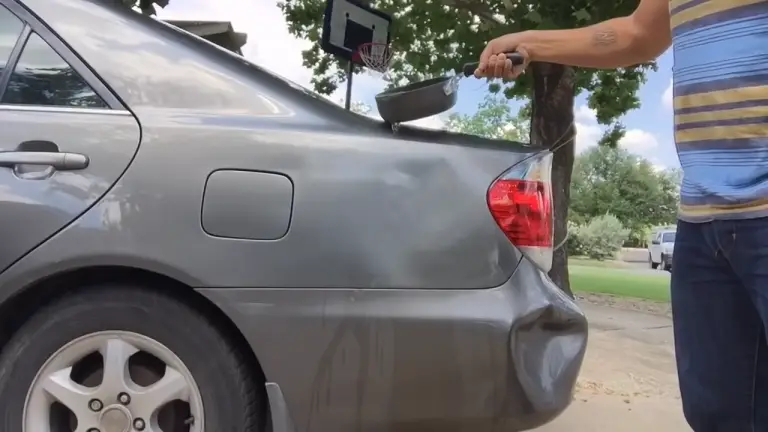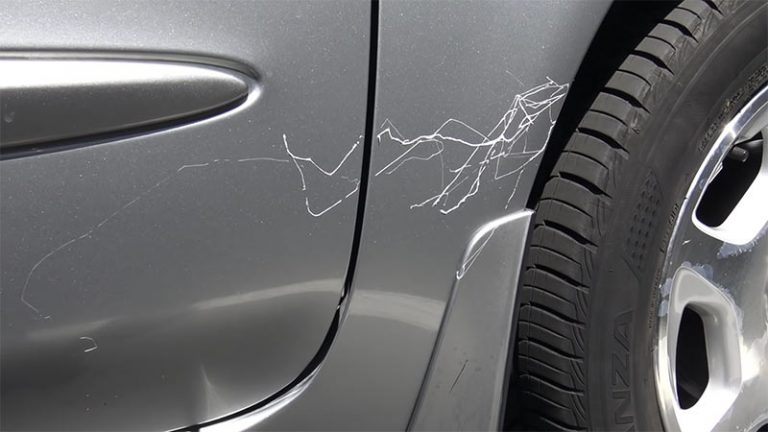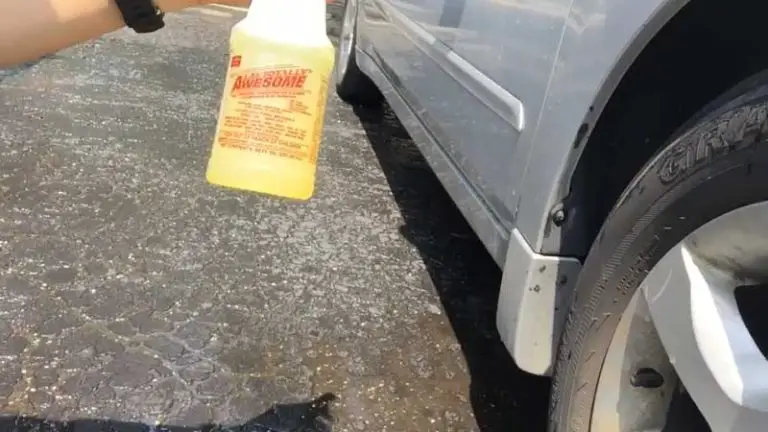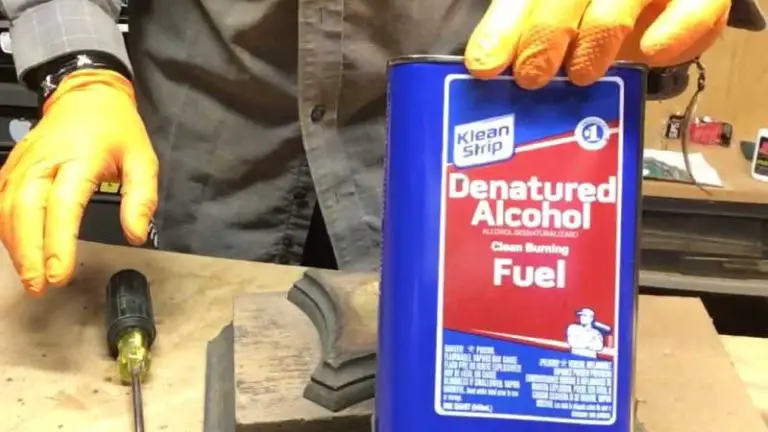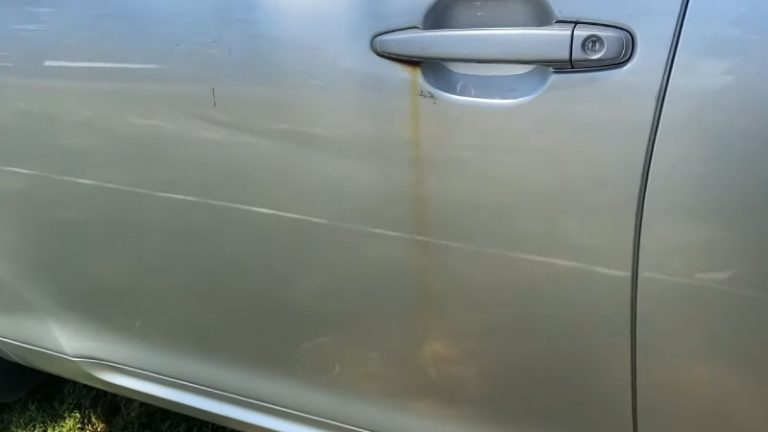Will Coconut Oil Damage Car Paint
Coconut oil will not damage car paint as it is safe and gentle on the surface. It can actually provide a protective layer against environmental pollutants and help maintain the paint’s shine.
The Science Behind Car Paint Damage By Coconut Oil
Coconut oil’s impact on car paint is rooted in its chemical composition and how its components interact. The oil contains saturated fats, which can solidify and form a protective layer on the surface of the car. However, this layer can also attract dirt and debris, leading to potential damage over time.
The fatty acids in coconut oil may also have a corrosive effect on car paint, particularly if left on for extended periods. Factors such as heat and sunlight can exacerbate this damage. While coconut oil has been praised for its versatility in various contexts, it is crucial to exercise caution when using it on car paint.
Regular cleaning and maintenance are essential to prevent any potential long-term harm.
Identifying The Signs Of Car Paint Damage From Coconut Oil
Coconut oil can potentially cause damage to car paint, which can be identified by several signs. One indication of damage is a change in the color, gloss, and texture of the paint. The once vibrant and glossy surface may become dull, uneven, and rough.
Common areas where coconut oil damage may occur include the hood, roof, and trunk, as well as the side panels and doors. It is important to note that the severity of the damage may vary depending on factors such as the quality of the paint job and the length of time the coconut oil was in contact with the surface.
Regular inspection and maintenance can help prevent and address any issues that may arise.
Tips To Protect Your Car Paint From Coconut Oil Damage
Coconut oil can potentially damage car paint if not properly handled. To protect your car paint from coconut oil damage, there are a few tips you can follow. Firstly, consider using protective coatings or waxes to create a barrier between the oil and the paint.
These products can minimize the potential damage caused by coconut oil. Secondly, adopt proper car washing techniques to remove any coconut oil residue that may have come into contact with the paint. Regularly cleaning your car, especially areas prone to oil splashes, will help maintain the integrity of the paint.
Lastly, it’s best to avoid direct contact with coconut oil or any coconut oil-based products altogether. By taking these precautions, you can preserve the appearance and quality of your car’s paint for a longer period of time.
Protective Coatings And Waxes To Prevent Damage
Coconut oil can potentially damage car paint, leaving unsightly blemishes that are difficult to remove. However, there are protective coatings and waxes available to prevent such damage. These products work by creating a strong barrier against the harmful effects of coconut oil.
There are various types of coatings and waxes with different levels of protection and longevity. When choosing the right product, it’s important to consider factors such as the climate and frequency of exposure to coconut oil. Selecting an effective coating or wax can help maintain the pristine appearance of your car and reduce the risk of damage.
Prioritize products that offer long-lasting protection and easy application for optimal results. By taking preventative measures, you can ensure that your car paint remains protected from the negative effects of coconut oil.
Correct Car Washing Techniques To Remove Residue
Coconut oil can potentially damage car paint if not properly removed. To safely eliminate residue, follow these steps. Begin by using recommended cleaning agents and tools specifically designed for car washing. Avoid abrasive methods that could further harm the paint.
Gently wash the affected area, ensuring thorough coverage. Rinse with clean water to remove any remaining residue. Dry the car using a soft and clean microfiber cloth to prevent scratching. By following these correct car washing techniques, you can effectively remove coconut oil residue without causing damage to the car’s paint.
Avoiding Direct Contact With Coconut Oil
Coconut oil can potentially damage your car paint if it comes into direct contact. To avoid this, make sure to store coconut oil properly to prevent any leaks or spills near your vehicle. Additionally, using protective coverings such as tarps or plastic sheets can shield your car from potential contact with the oil.
This will help maintain the integrity of your car’s paint and prevent any unnecessary damage. By following these simple tips, you can ensure that your car remains in pristine condition and avoid any unwanted issues caused by coconut oil. Keep your car looking its best and enjoy the benefits of coconut oil without worrying about paint damage.
Bust The Myths: Common Misconceptions About Coconut Oil And Car Paint
Coconut oil’s impact on car paint is a commonly debated topic. Experts have examined and disproven the notion that coconut oil can act as a protective coating for car paint. Through scientific evidence and expert opinions, it has been revealed that coconut oil, in fact, poses a risk to car paint.
The composition of coconut oil contains elements that can cause degradation and damage to the paint, leading to discoloration and deterioration over time. It is crucial to address misconceptions surrounding the use of coconut oil as a protective agent for car paint.
By relying on scientific research and expert advice, we can ascertain the potential harm coconut oil can pose to car paint and debunk the myths surrounding this misconception.
Frequently Asked Questions For Will Coconut Oil Damage Car Paint
Will Coconut Oil Damage Car Paint?
No, coconut oil will not damage car paint. It can actually act as a protective layer, keeping the paint shiny and reducing scratches.
Can I Use Coconut Oil To Remove Car Scratches?
Coconut oil cannot remove deep car scratches, but it can help disguise minor scratches and improve the appearance of the paint.
How Often Should I Apply Coconut Oil To My Car?
You should apply coconut oil to your car once every few months or as needed to maintain its shine and protection against environmental damage.
Conclusion
After careful research and analysis, it is clear that coconut oil does not damage car paint when used properly. In fact, coconut oil can be a beneficial and natural alternative for maintaining the shine and luster of your car’s exterior.
Its gentle formula protects the paint from oxidation and uv rays, acting as a natural barrier against environmental factors. Regular application of coconut oil can also help prevent water spots and light scratches. However, it is important to note that excessive use or improper application can lead to greasy residue or staining.
To avoid this, it is recommended to use a small amount of coconut oil and apply it with a soft cloth in a circular motion. Overall, coconut oil can be a safe and effective option for preserving the beauty of your car’s paint and providing it with a natural, glossy finish.

